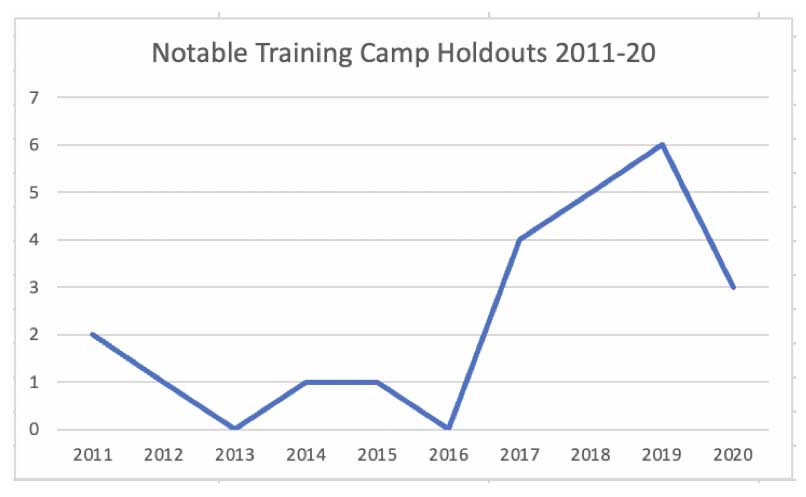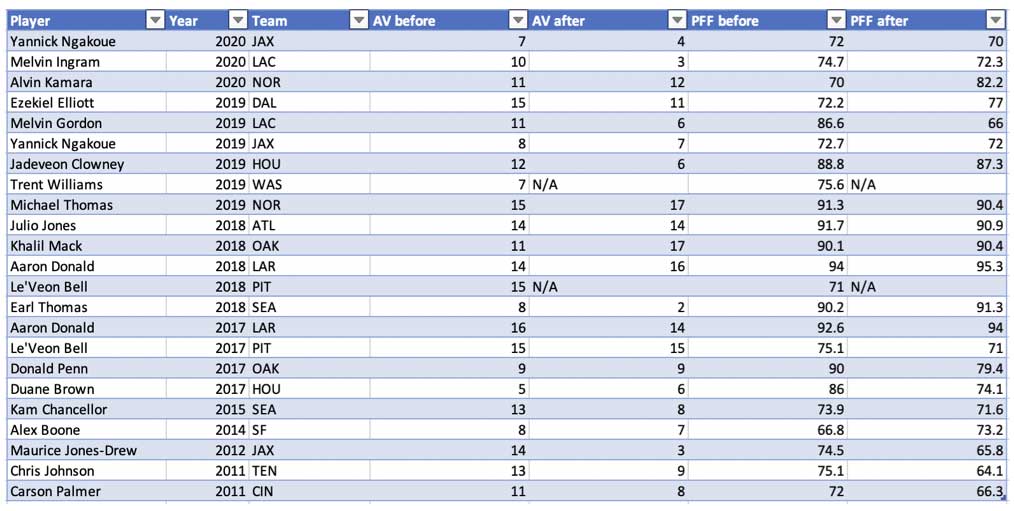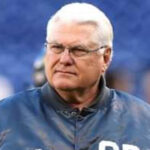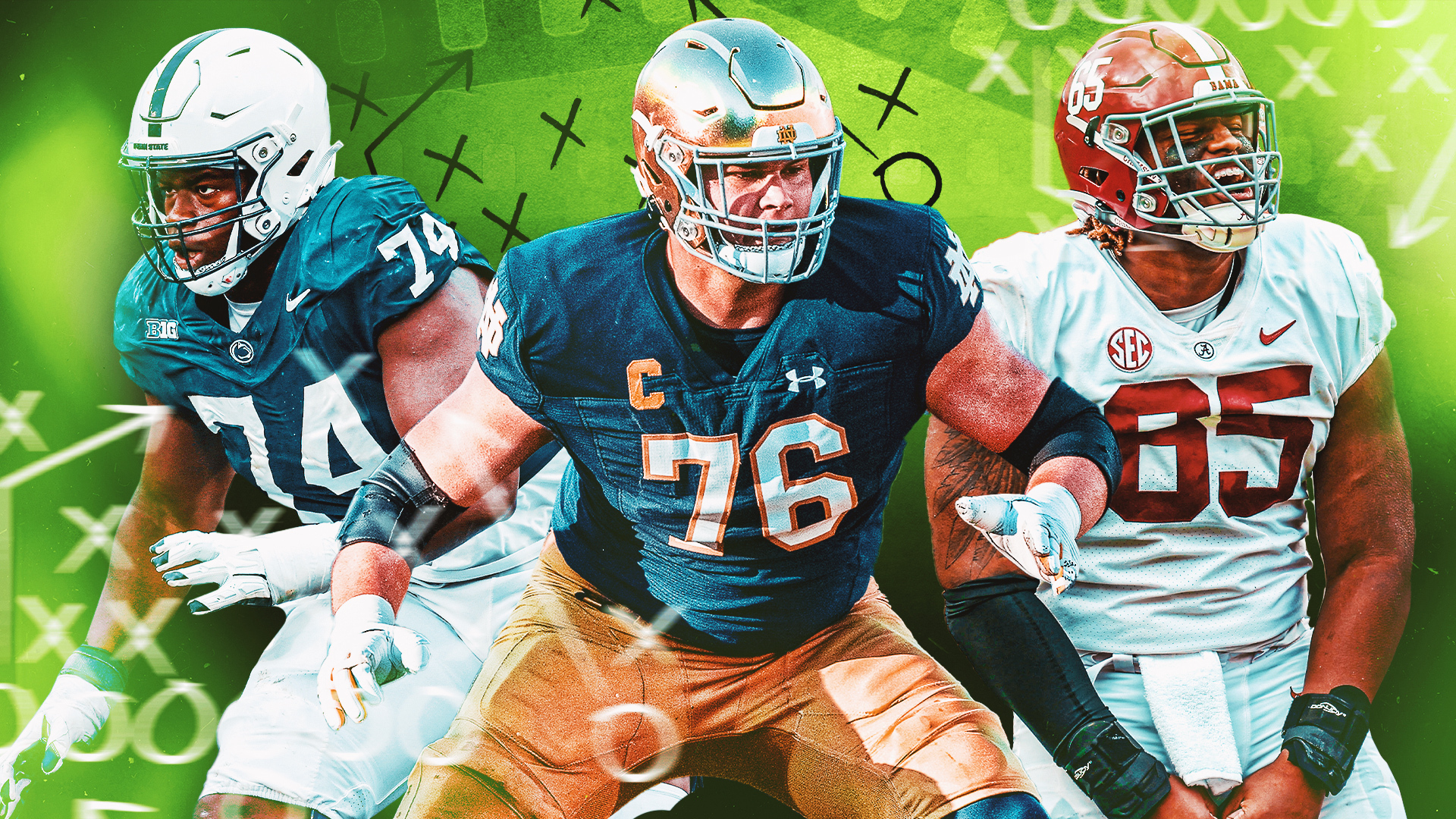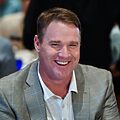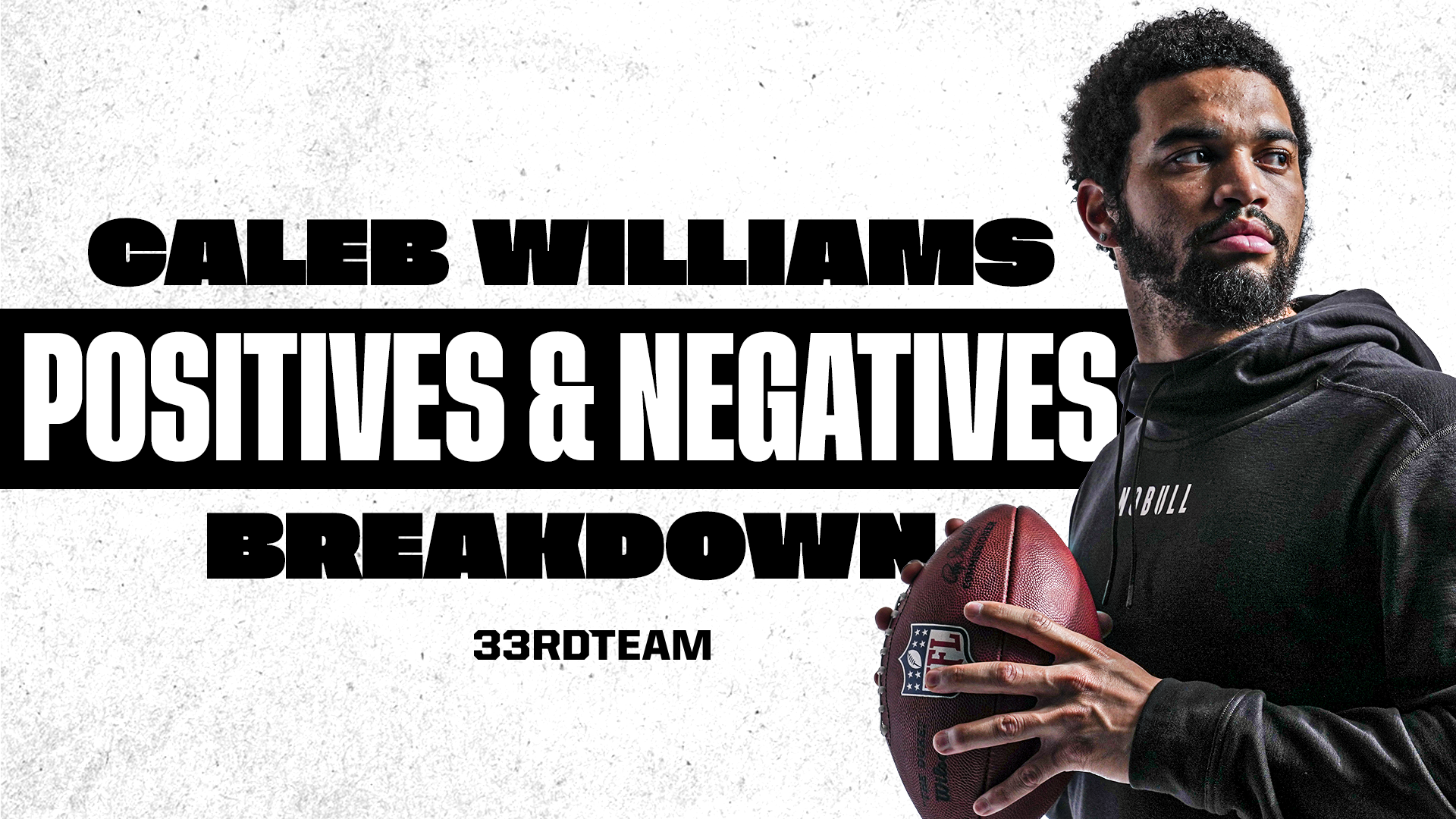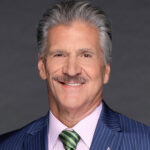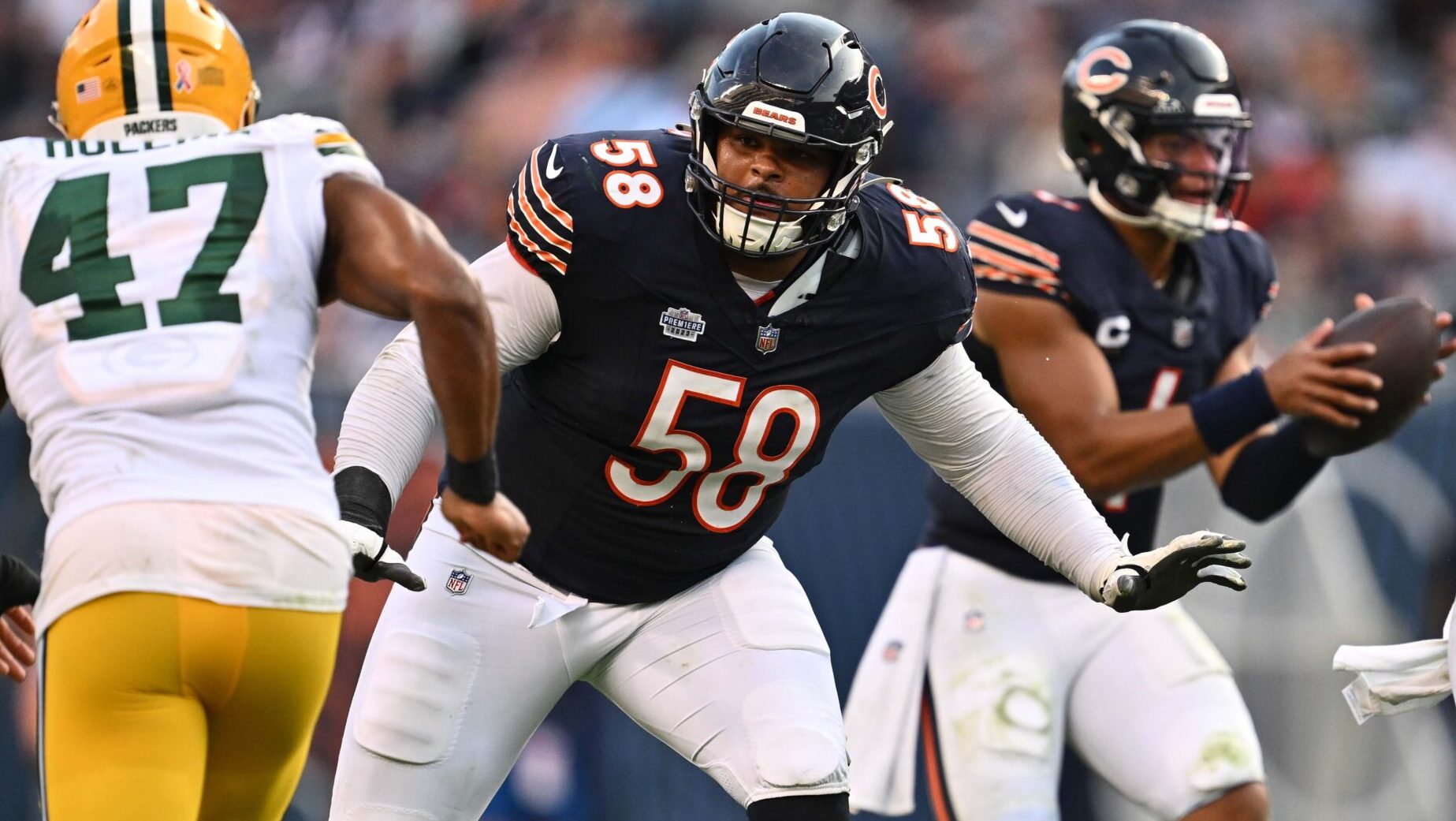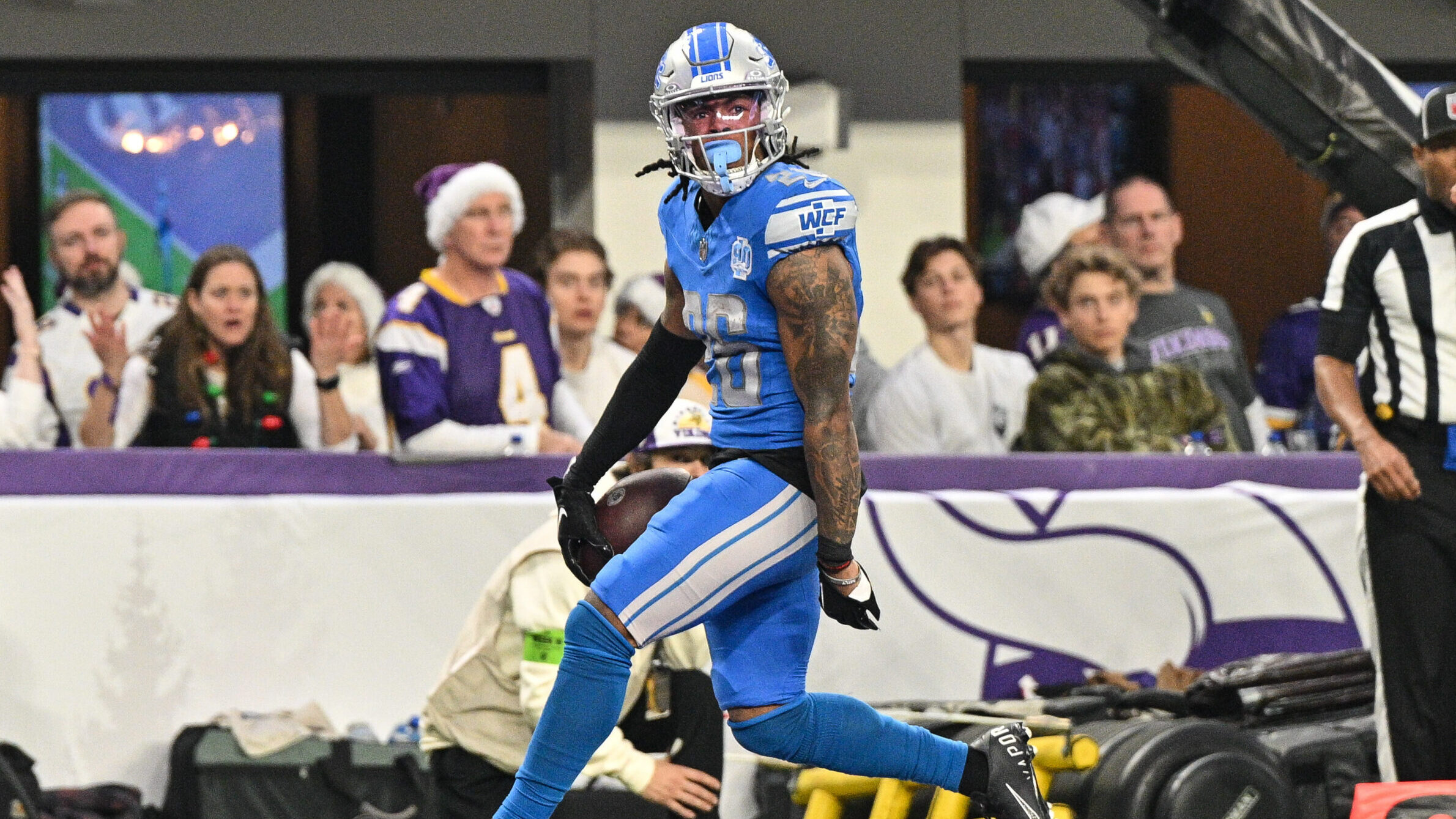Breakdowns
8/4/21
8 min read
How Do Training Camp Holdouts Impact Performance?
Contract holdouts are a traditional rite of spring and early summer in the NFL. Every year, veterans will miss OTAs and even mandatory minicamps to express unhappiness with their contracts. While the media might play up these stories, most teams aren’t that concerned as long as the player reports to training camp and is ready to play by Week 1. That said, there have been many players in recent years that have not only skipped minicamp, but also held out of training camp, the preseason and even some of the regular season.
Players hold out for a number of reasons. They might be in the last year of their current contract and want to be locked up for the future. Some players may have signed a new deal recently but then watched other players at their position sign larger deals and they suddenly feel cheated. Another common reason is that the player was franchise tagged but refuses to play under the tag and cannot come to terms on a deal. Lastly, a player may simply hold out because he is not happy with the leadership and their situation within the organization.
Historically, there have been holdouts that lasted a while, such as Darrelle Revis in 2010, when the All-Pro CB sat out 35 days before reaching an agreement with the Jets. In Revis’ case, he held out after an incredible 2009 season, looking for a contract extension just three years into the six-year rookie contract he signed in 2007.
“It is always a fine line,” said the 33rd Team’s Mike Tannenbaum, who was the Jets GM at the time. “You want to take care of and recognize when your best player is paid below market value, but you are always concerned about sending the wrong message from a precedent standpoint because of when you tear up a contract prematurely. Then, you have to wonder if you are rewarding the wrong behavior. Ideally, this happens quietly, while he’s in training camp. But when they hold out, it raises the stakes and you still have to do what is substantively right. For me, in Revis’ situation, what I kept coming back to is he is a great player and is not something that we want to do, it is certainly not best practice, but it is the right decision just given the dynamic of the situation.”
Revis’ holdout was anything but behind closed doors, as it was well documented on HBO’s Hard Knocks that year for everyone to see.
Every year, there seem to be potential holdout candidates who are able to reach an extension before the July 15 deadline, after just sitting out of OTAs. This has happened with players like Justin Houston, Von Miller and Muhammad Wilkerson. Those players sat out the offseason workouts, threatened to hold out but reached an agreement before the deadline. These situations can often be costly for the players. By sitting out training camp, they can face fines and certain penalties. The amount of money lost by sitting out has begun to increase under the new CBA as well.
In 2014, Andre Johnson ended up attending training camp after skipping OTAs. By skipping offseason activities, he failed to complete 90% of the workouts, which would have earned him a $1 million bonus after Week 1 of the season.
In the last decade, we have seen a pretty large increase of notable training camp holdouts. Joey Bosa had a prolonged holdout in 2016 -- he was not included in the study because he was a rookie and had no prior experience in the league. There were only three holdouts in 2020, but there had been a sharp rise from zero to six holdouts from 2016-2019. Under the new CBA, it becomes more costly to hold out, so that number may stay around three or less in the future.
After the holdout
In this study, we wanted to look at more than just the number of players that held out and why they did so. In addition, we wanted to find out if the players saw a dip in their play after they sat out, compared to the season before. Did missing practice time or games adversely affect their play? Did their holdout cause a locker-room distraction that led them to not play as well?
Above are 23 players, who had notable holdouts from 2011-20. Of the 23, most players held out because they wanted some sort of extension or pay raise. Le’Veon Bell, Yannick Ngakoue and Jadeveon Clowney all expressed their frustrations about not wanting to play on the franchise tag.
In general, there was not a significant dip or increase in players during the holdout season, via PFF. Most players’ grades remained the same year to year, only changing up or down by a few points. Melvin Gordon, Donald Penn and Duane Brown saw pretty significant dropoffs in terms of their PFF grades. For Brown, he held out almost half the season before being traded, which likely caused the drop. Gordon and Penn both had standout seasons the year prior and thought they deserved more money in their contract. In addition to the reasons mentioned earlier, their play could have peaked the year before and was not representative of their future success.
Looking at PFR's AV, there is a more common theme of their play declining. It is important to note that AV is a cumulative stat, so the decreases in AV from players like Kam Chancellor, Carson Palmer, Maurice Jones-Drew, Earl Thomas and Melvin Ingram could have been caused by them getting hurt or sitting out part of the season. Jones-Drew and Ingram had the most significant drops, 11 and 7 respectively, while Melvin Gordon showed up again, dropping five points from the year before, as well Jadeveon Clowney, who dropped six points. While many players produced less, Aaron Donald, Alvin Kamara and Michael Thomas all increased their play in the year they held out.
The players above saw their play improve after holding out, while also reaching contract extensions with their team. Eight of the 23 players listed, good for 34.8%, were able to reach an extension or pay raise with their team. Another 34.8% of the players ended up returning to the team and playing out the rest of the season or contract, while 21.7% of the players had their demands met and were traded away from their team. The two remaining players, Le’Veon Bell and Trent Williams held out or were put on the non-football injury reserve list. For Bell, he was franchise tagged for a second time after not being able to reach a contract and holding out the year prior. He was so frustrated that he sat out the entire year before signing elsewhere in 2019. Williams' situation was a bit different and a bit messier. In addition to an upcoming expiring contract in the next two seasons, Williams grew frustrated with the organization after a team doctor misdiagnosed a growth on his head that turned out to be cancer. As a result, Williams sat out the first eight weeks of the season, demanding a trade. Once Washington couldn’t find a trade partner, Williams rejoined the team. However, he did not play and was put on the non-football injury reserve list, which would end his career in Washington.
Many of these holdouts were messy, with Revis, Jones-Drew and Chris Johnson coming to mind immediately. Two of the more storied holdouts came from Carson Palmer and Duane Brown. Palmer had been under contract and paid a large sum to play for the Bengals. Palmer, the former number one pick, had become very frustrated with the organization and their inability to surround him with enough talent. Palmer threatened to retire if he wasn't traded. He was dealt to Oakland, where he would finish the 2011 season. Similarly, Duane Brown was under contract but wanted to earn some more guaranteed money within the two years left on his deal. As he tried to negotiate, his frustration with how the organization was run grew larger and larger. There was a clear divide between the organization and player and it only got worse as the weeks went on. Brown would go on to sit out the first seven weeks of the season. He returned to make sure he would hit the benchmark of being active for six games -- that way, he would meet the standards of an accrued season, making sure this season counted and he would not be locked in for an additional year. The Texans would eventually deal him to the Seahawks.
Overall, players have sat out for many different reasons. They have also reached different conclusions to their holdouts. According to PFF seasonal grades, most players performed similarly to how they had the season prior, plus or minus a few points. But, by looking at PFR’s AV, we see that many players saw a decrease in their play, potentially because AV is cumulative and a few players got injured or sat out significant time.
It is not fair to say that sitting out is directly correlated to worse performance that year, as many who did so stayed the same or increased their performance. However, it is interesting to consider how much harm players who held out caused themselves by doing so. With the 2021 training camp underway, keep an eye out for whether players like Xavien Howard, Stephon Gilmore and Jamal Adams – players who skipped OTAs and/or minicamps -- will be around for training camp and how it will affect their seasons.

